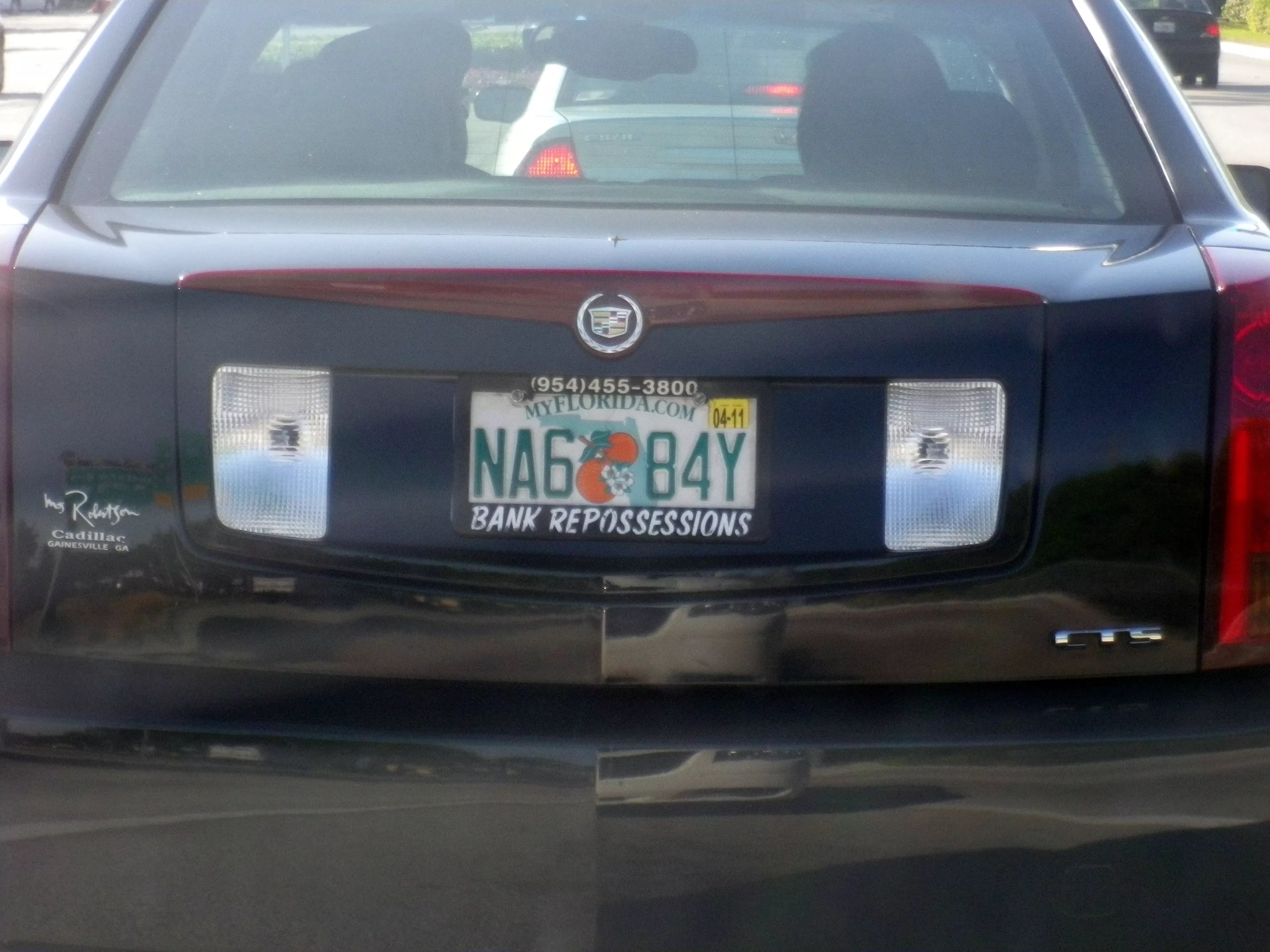

Audio By Carbonatix
For the past several years, Miami Beach Police have been using automatic license-plate readers to scan each and every car traveling to the city over Memorial Day weekend – an effort known to cause bumper-to-bumper traffic on the MacArthur and Julia Tuttle Causeways. While critics say the technology is unnecessary at best and an invasion of privacy at worst, police have argued the license-plate readers help catch wanted criminals and track down stolen vehicles.
This year’s numbers from the holiday weekend, however, show the vast majority of drivers were just regular, law-abiding citizens. This morning, MBPD released Memorial Day license-plate reader statistics – and despite the dragnet approach, police made only a handful of arrests.
Over the four days from Friday to Monday, Miami Beach cops scanned more than 36,000 license plates but issued just 303 criminal tickets. And the number of arrests was even smaller: Police made 13 for felonies and 11 for misdemeanors.
Weekend License Plate Reader Results (5/24-5/27):
Tags Read: 36,793
Criminal Tickets: 303
Tickets: 533
Felony Arrests: 13
Misdemeanor Arrests: 11
Stolen Vehicles: 2
Firearms Impounded: 5#MBPDProtecting pic.twitter.com/GrNAOFbITj— Miami Beach Police (@MiamiBeachPD) May 28, 2019
In the meantime, drivers sat in traffic on the two main causeways into South Beach so police could methodically scan their license plates. On the MacArthur, which has been under construction for about a year, the license-plate readers forced all eastbound cars into just one lane:
EB MacArthur Causeway at Palm Island, sign reads: "Two lanes closed ahead". EB at Star Island, traffic being slowly funneled onto South Beach, with license plate readers in place. Expect heavy delays throughout the night. @wsvn @OfficialJoelF #SFLtraffic pic.twitter.com/71dmhWkpKl
— Reno Grant (@RenoGrant) May 25, 2019
As license-plate readers have become more prevalent in American policing, privacy advocates have questioned the use of the technology, which is capable of capturing a photo of every car traveling past the camera. The images are stored in a law enforcement database for months or even years.
The American Civil Liberties Union has been highly critical of license-plate readers, which the organization says enable the government to track private citizens’ movements. The New Civil Liberties Alliance, a D.C.-based nonprofit law firm that has also spoken out against the technology, is representing a Coral Gables man in a lawsuit against that city, which has one of the largest plate-reading operations in Florida.
Elsewhere across the nation, the cameras have been the source of much debate. The City of San Francisco recently tightened restrictions on license-plate readers after a woman’s car was mistakenly identified as stolen and she was arrested. Just last month, a Virginia judge ruled that passive collection of license-plate data is a violation of state law. And last week, it was revealed that hackers had breached the databases of one of the largest providers of license-plate readers in the United States.